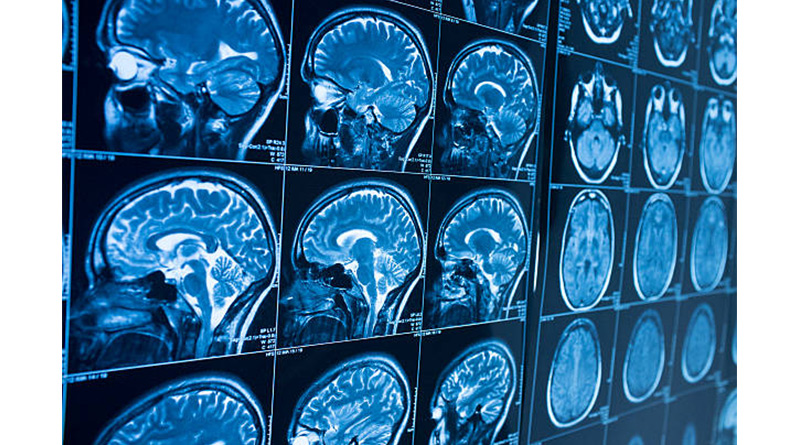Keep a Close Eye on Cognitive Impairment Following Long-COVID, Charity Warns
UK researchers have found linked markers of inflammation to poor cognition or ‘brain fog’, in those with ‘long-COVID’.
A total of 807 study volunteers hospitalised with COVID-19 completed both five-month and one-year follow-up assessments, with 27.8% of volunteers having received invasive mechanical ventilation as part of their treatment while in hospital. The most common ongoing symptoms were fatigue, muscle pain, physically slowing down, poor sleep and breathlessness. Risk factors for not reporting full recovery at one-year were female sex, obesity, and having had invasive mechanical ventilation.
Participant blood samples at the five-month visit were analysed for around 300 substances linked to inflammation and immunity. The researchers compared the blood profiles across groups of people and identified higher levels of substances associated with whole-body inflammation, in participants with very severe long-COVID compared to mild disease. They also found these substances were associated with symptoms including poor cognition and ‘brain fog’.
Dr Susan Kohlhaas, Director of Research at Alzheimer’s Research UK, said:
“COVID-19 is having a disproportionate impact on people living with dementia and their families. As we move through the pandemic, still little is known about the long-term impacts of COVID-19 on brain health. People who had COVID-19 and had blood inflammation were more likely to have poor cognition or brain fog five months after hospitalisation
“We must continue to monitor the emerging evidence linking long-COVID and cognitive problems and investigate whether these persist or lead to an increased risk of dementia.
“However, this research has not yet been peer-reviewed by other experts, so we need to treat these results with a little caution. The research does suggest that factors like obesity are linked to long-COVID and we know keeping your heart healthy will also help support better brain health. As well as maintaining a healthy weight, the best current evidence to look after our brains and reduce the risk of dementia as we age is to keep our cholesterol levels in check, keep physically and socially active, to not smoke and to only drink within the recommended limits.
“If anyone is worried about their memory or thinking or persistent effects of COVID-19 they should consult with their doctor.”






